On August 6, 2011, a U.S. Boeing CH-47 Chinook military helicopter was shot down while transporting a quick reaction force attempting to reinforce an engaged unit of Army Rangers in Wardak province, west of Kabul, Afghanistan. With 38 people killed on board, it was the largest single-day loss of life in naval special warfare history and the largest single-day loss of life during the war in Afghanistan.
The events that unfolded that night are commonly referred to as Extortion 17, the call sign for the helicopter transporting the special operations personnel. It also became one of the most devastating death tolls of the U.S. Special Operations Forces.
Introduction
The U.S. Navy SEAL task force assigned to conduct operations in Tangi Valley was well conditioned to the dangerous operating environment. In mid-2011, combined with a U.S. Army aviation battalion, they had spent weeks conducting operations nearly every other night in Wardak and surrounding provinces south of Kabul to capture or kill Taliban forces, disrupt attack plots, and deny them sanctuary on this strategic approach to Kabul City.
Qari Tahir Raid
Intelligence on August 6th indicated Qari Tahir was in Tangi Valley, just a short helicopter flight from the SEAL base camp. The Tangi Valley is a strategic terrain that connects the two primary highways that lead to Kabul. Upon learning of Tahir’s possible location, a U.S. Army Rangers and Afghan Special Forces team was deployed into the valley from the south.
At 10:58 p.m., they were inserted by the same CH-47D helicopters that would later conduct the mission to insert the SEAL team. As the operation got underway, our airborne Intelligence, Surveillance, and Reconnaissance (ISR) platforms, including an MQ-9 Predator, detected a group evading the Rangers, moving towards the north. AC-130 gunships orbiting overhead directed two AH-64 Apache attack helicopters to fire on and kill five enemy fighters.
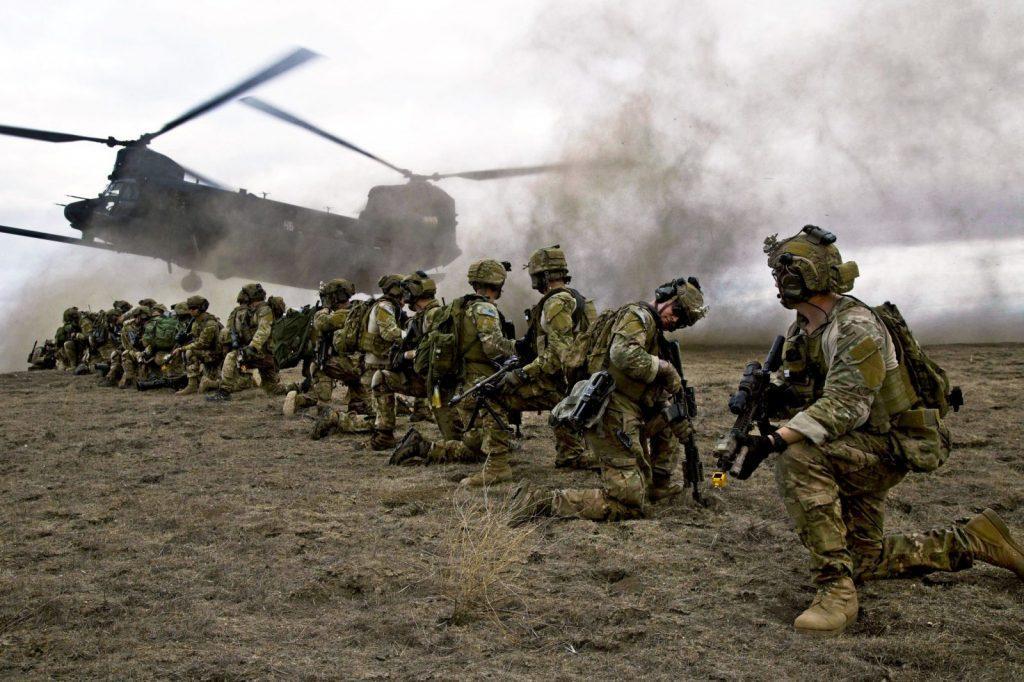
After some time, another group of about 10 Taliban fighters was spotted that we suspected could be Qari Tahir himself fleeing the scene. The SEAL task force was monitoring this activity, and they were soon called upon to deploy quickly into the northern end of the valley to intercept Tahir and capture him and those moving with him.
Qari Tahir, the man our forces were attempting to capture or kill on August 5, 2011, is one of many Taliban leaders who dedicate their lives to a corrupt agenda that seeks to eliminate freedom, equality, and prosperity in exchange for a medieval society built on violent extremism and wanton destruction.
The SEAL commander assembled his force: 17 Navy SEALs, five Navy combat support specialists, three U.S. Air Force Special Tactics Airmen, seven Afghan Special Forces operators, an Afghan interpreter, and a military working dog. The Afghan soldiers were an essential part of the package; they were trained to move with our forces to the target. When tactical conditions allow, they initiate operations by calling out enemy forces. This tactic was highly successful; hundreds of operations were conducted without firing a shot for years.
Extortion 17 shootdown
On August 6th, 2011, the helicopter was fired upon and shot down by a previously undetected group of Taliban fighters. The group fired 2-3 RPG rounds from a two-story building from a location some 220 meters south of the helicopter. The second round struck one of the three aft rotor blades of the helicopter, destroying the aft rotor assembly. The helicopter crashed less than 5 seconds later, killing all 38 people on board. Some 30 seconds later, one of the AH-64 Apache helicopters in the area reported: “Fallen Angel.”
The crash is referred to as Extortion 17 by the callsign of the CH-47 Chinook helicopter involved in the crash. The crash killed all 38 people on board — including 25 American special operations personnel, five United States Army National Guard and Army Reserve crewmen, seven Afghan commandos, one Afghan interpreter, and a U.S. military working dog. It is considered the worst loss of American lives in a single incident in the Afghanistan campaign, surpassing Operation Red Wings in 2005.
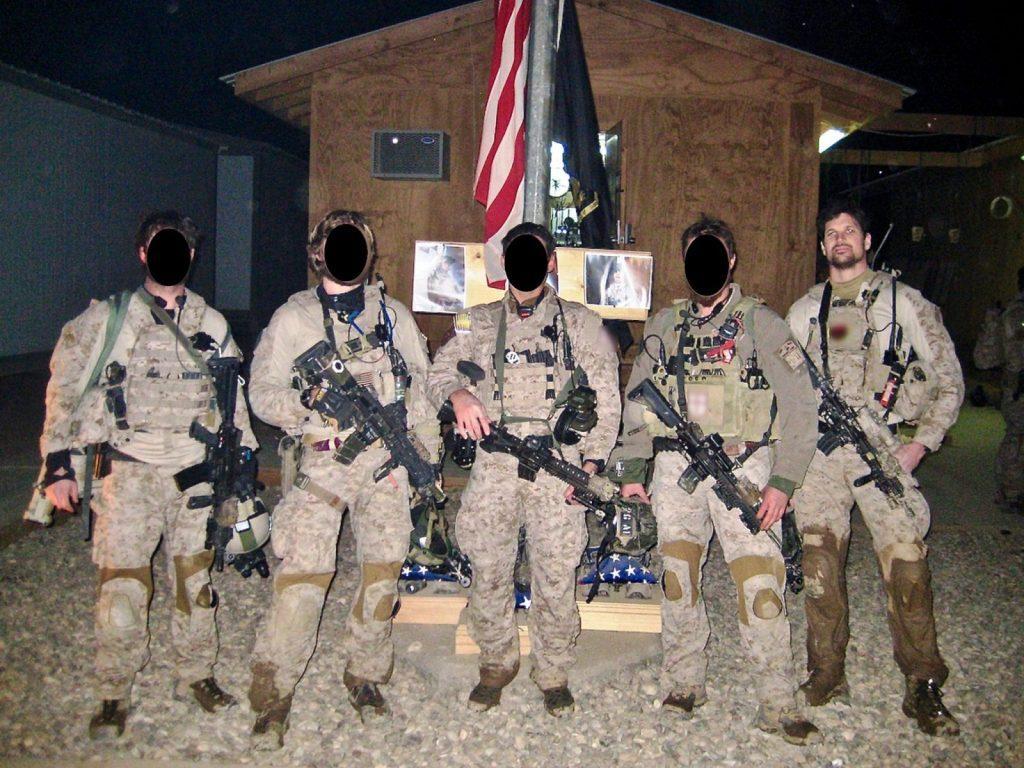
Some sources state that at the shootdown, the two AH-64 Apache helicopters were engaged in tracking another Taliban group and were thus unable to provide surveillance (of the landing zone and infiltration route) and fire support the inbound CH-47D helicopter carrying the Navy SEAL team.
The circumstances surrounding the events of Extortion 17 are tragic. To lose even one precious life is too many, and the United States lost 38 soldiers that day. All of them were men of courage, integrity, and honor. Eleven U.S. servicemen aboard Extortion 17 entered the military after the 9/11 attacks, answering the call to arms as so many brave Americans have done throughout the history of our great country.
Deaths
The deaths included:
- 15 United States Navy SEALs from the Naval Special Warfare Development Group’s (DEVGRU) Gold Squadron “SEAL Team 6.”
- 7 Afghan National Army Commandos, part of the Afghan National Army
- 5 U.S. Naval Special Warfare support personnel, two EOD technicians, one MWD Handler, one Cryptologic technician, and one Information systems technician.
- 3 U.S. Army Reserve personnel from the 7th Battalion, 158th Aviation Regiment
- 2 U.S. Navy SEALs from a west coast-based SEAL team.
- 2 U.S. Army personnel from the 2nd Battalion, 135th Aviation Regiment, part of the Colorado Army National Guard
- 2 U.S. Air Force Pararescuemen from the 24th Special Tactics Squadron
- 1 U.S. Air Force Combat Controller from the 24th Special Tactics Squadron
- 1 Afghan civilian interpreter
- 1 U.S. Military Working Dog
The 30 American Servicemen killed in action (KIA) with the downing of Extortion 17. Rest in peace, gentlemen; you will not be forgotten.

- SGT Alexander J. Bennett
- SPC Spencer Duncan (youngest onboard)
- CWO Bryan J. Nichols
- CWO David R. Carter (oldest onboard)
- SSG Patrick D. Hamburger
- TSgt John W. Brown
- SSgt Andrew W. Harvell
- TSgt Daniel L. Zerbe
- PO1 (SEAL) Darrick C. Benson
- CPO (SEAL) Brian R. Bill
- PO1 (SEAL) Christopher G. Campbell
- PO1 Jared W. Day
- PO1 John Douangdara & Navy SEAL Dog “Bart”
- CPO (SEAL) John W. Faas
- CPO (SEAL) Kevin A. Houston
- Lt. Cmdr. (SEAL) Jonas B. Kelsall
- MCPO (SEAL) Louis J. Langlais
- CPO (SEAL) Matthew D. Mason
- CPO (SEAL) Stephen M. Mills
- CPO Nicholas H. Null
- PO1 (SEAL) Jesse D. Pittman
- SCPO (SEAL) Thomas A. Ratzlaff
- CPO (SEAL) Robert J. Reeves
- CPO (SEAL) Heath M. Robinson
- PO2 (SEAL) Nicholas P. Spehar
- PO1 Michael J. Strange
- PO1 (SEAL) Jon T. Tumilson
- PO1 (SEAL) Aaron C. Vaughn
- SCPO Kraig M. Vickers
- PO1 (SEAL) Jason R. Workman
The 30 American deaths represent the greatest loss of U.S. military lives in a single incident in the decade-long war in Afghanistan that began in 2001. Their deaths are the greatest single loss of life ever suffered by the U.S. Special Operations community in the 24-year history of the U.S. Special Operations Command.

A source from the Navy’s special operations community described the reaction as “Shock and disbelief. There’s no precedent for this. It’s the worst day in our history by a mile.”
The previous highest U.S. death toll from a single incident in the war came from a rocket attack on a Chinook helicopter carrying Navy SEALs during Operation Red Wings on June 28, 2005. In that incident, sixteen Navy SEALs and Army special operations troops were killed, and three more SEALs were killed in subsequent fighting on the ground.
Controversies
There is a lot of controversy and discussion regarding the operators from the Gold Squadron who died abroad. The Extortion 17 chopper was part of Operation Neptune Spear a few months earlier. I’ll try to reply the best I can.
According to his book, No Easy Day (detailing his participation in Operation Neptune Spear), Mark Owen (the pen name of former SEAL Operator Matt Bissonnette) stated that nearly all of the Operators on that mission were handpicked from Red Squadron. The following passage, published in The Navy Times, seems to support that assertion.
“The SEALs who assaulted Osama bin Laden’s compound were drawn from Naval Special Warfare Development Group’s Red Squadron, according to several sources in the special operations community.”
Bissonnette also said that there was one DEVGRU Operator on the mission who was not a member of Red Squadron and that he was chosen for the mission because of his linguistic abilities. The squadron that this SEAL belonged to was never mentioned.
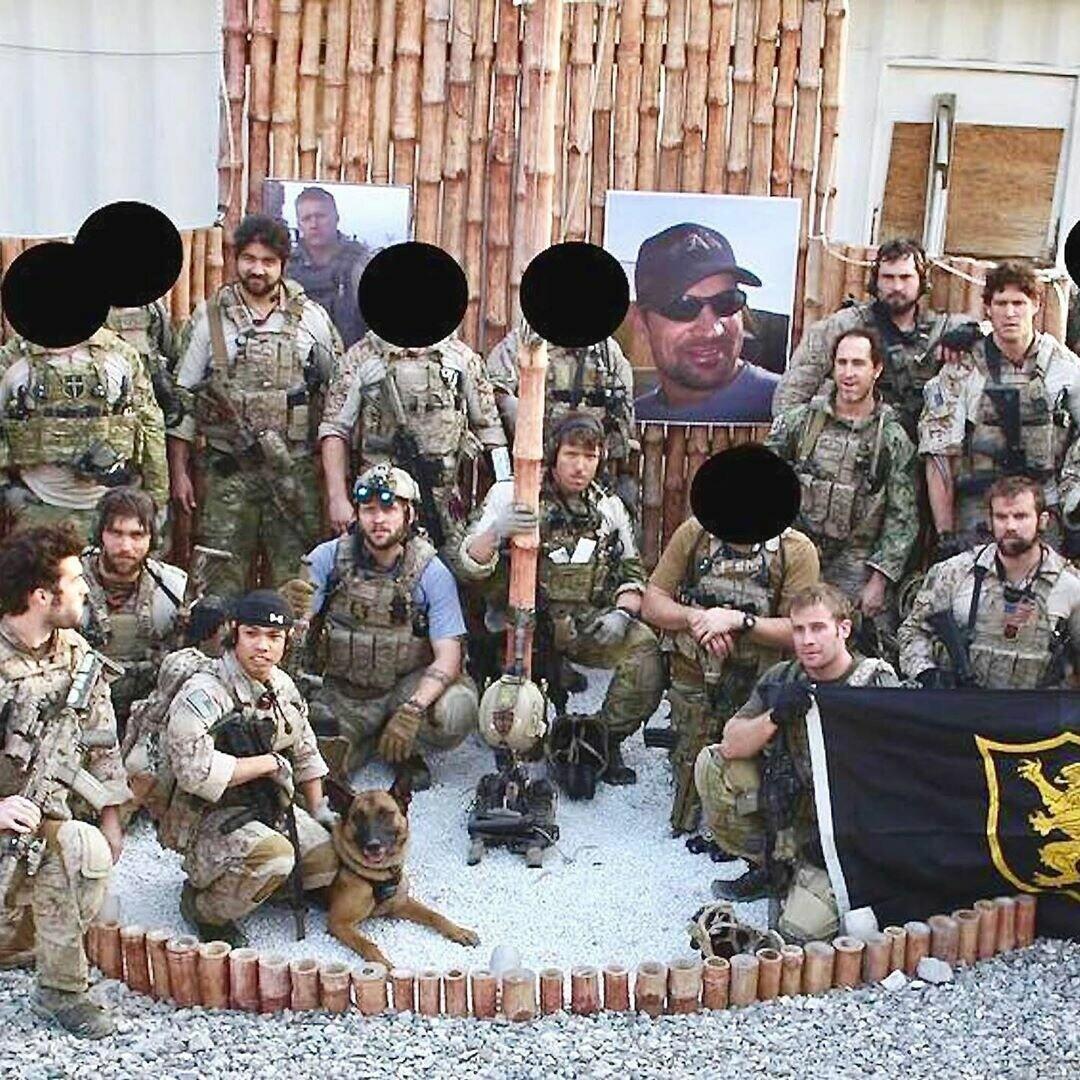
Regarding the downing of Extortion 17, all of the DEVGRU Operators aboard were members of the Gold Squadron. The following was extracted from The Navy Times:
- “Of the 22 NSW members killed, 17 were SEALs, and five were direct support personnel, according to the source in the NSW community. Two of the SEALs were from a West Coast SEAL unit, but the others were from the Gold Squadron of Naval Special Warfare Development Group, or DEVGRU, sometimes known as SEAL Team 6, said the NSW source.”
If one is to believe the account of Matt Bissonnette, the only possibility of a participant of the bin Laden raid perishing on Extortion 17 is if the one SEAL specifically noted not to be a member of Red Squadron was a member of Gold Squadron and a passenger aboard the ill-fated Chinook.
Congressional hearing
To find answers to many of the outstanding questions regarding Extortion 17, a congressional oversight committee held a hearing on February 27, 2014. A hearing was set to get answers to questions surrounding the high-profile shoot-down of an American helicopter in Afghanistan and how the remains of the fallen service members were handled.
To address some unanswered questions, the committee received briefings, classified and unclassified, on the operational component leading up to the loss of the 30 servicemen and eight Afghan nationals and the postmortem handling of the 30 American servicemen on Extortion 17.
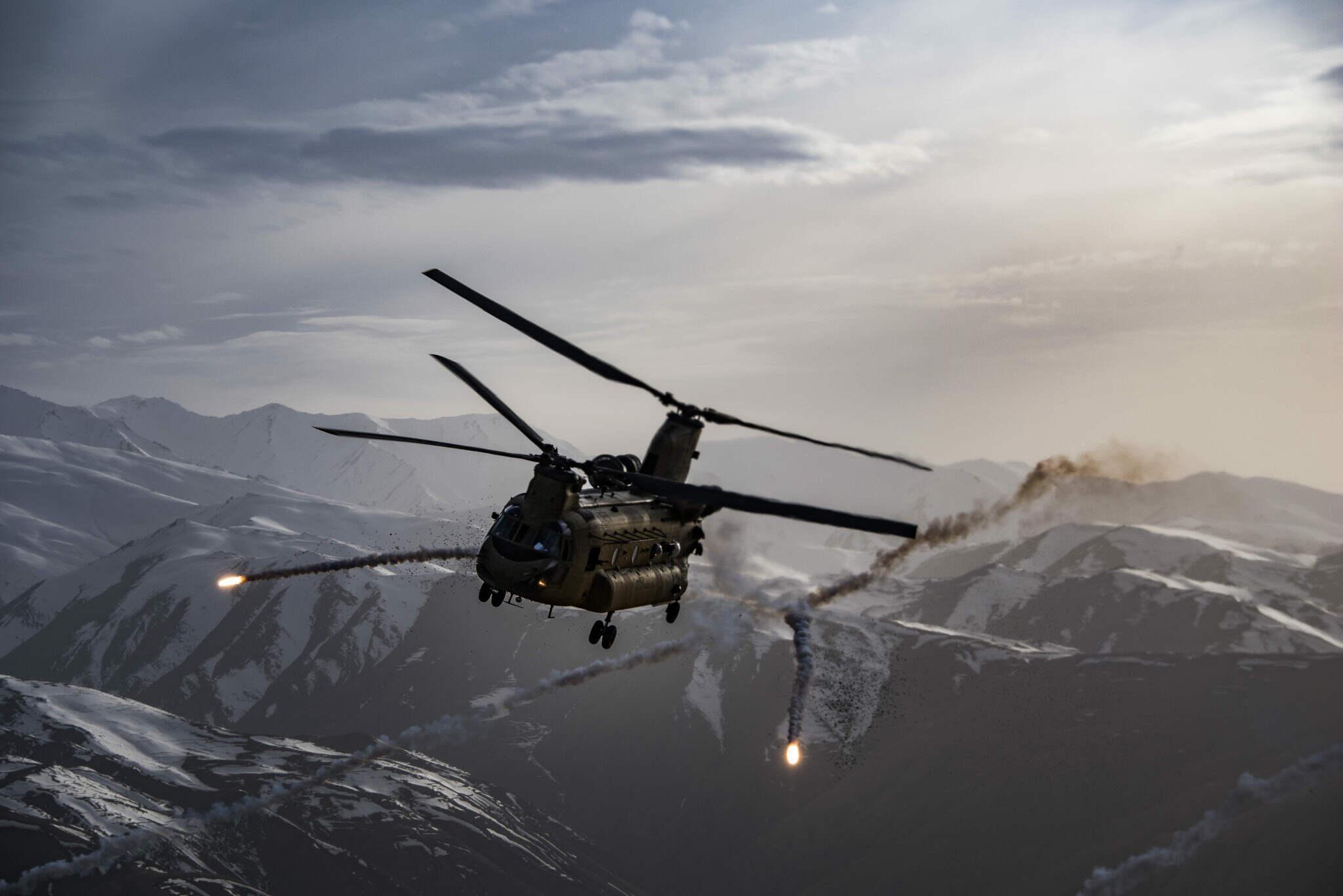
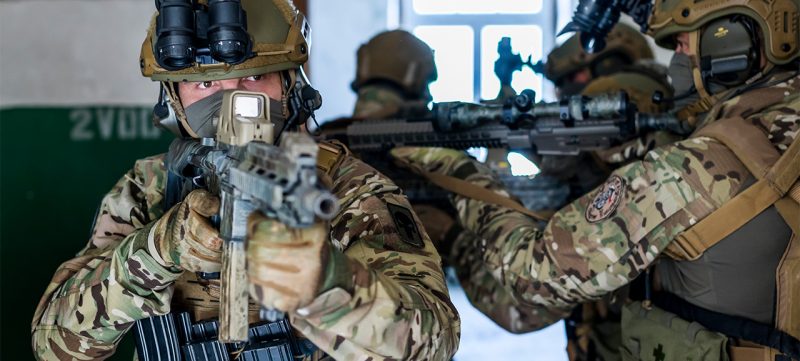
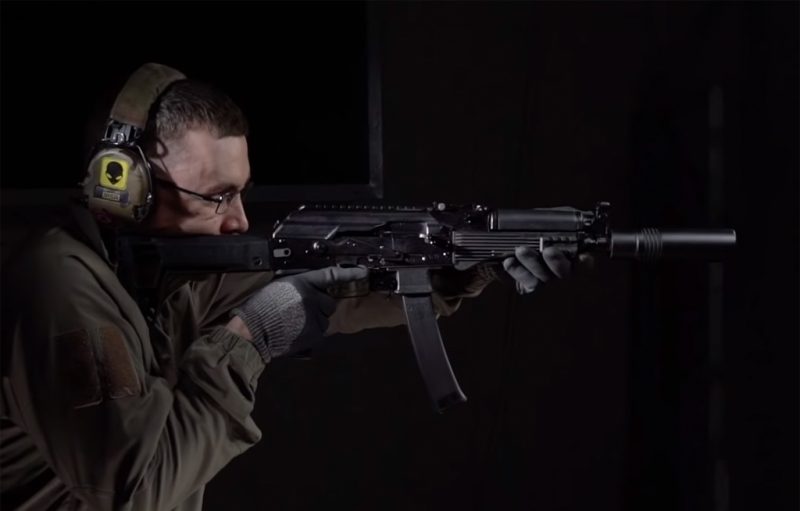
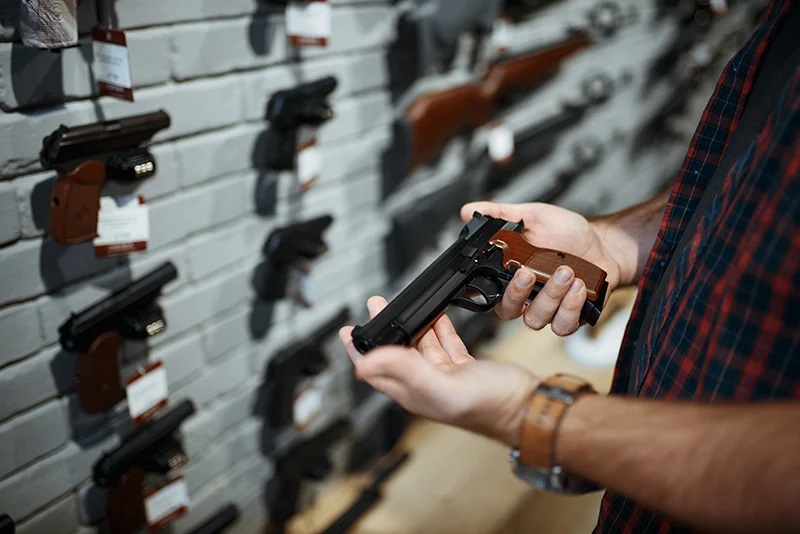
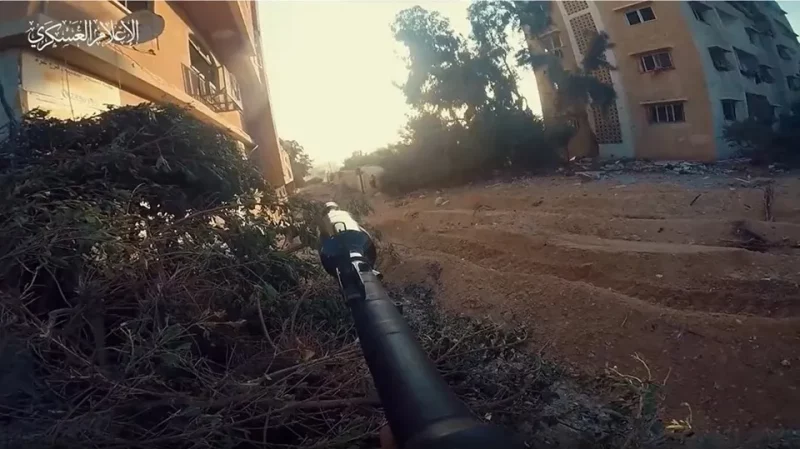
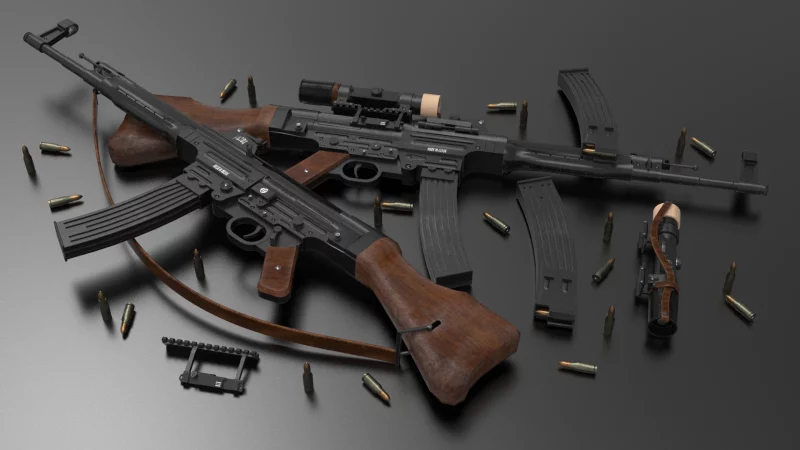
SCPO (EOD) Kraig M. Vickers
CPO (EOD) Nicholas H. Null